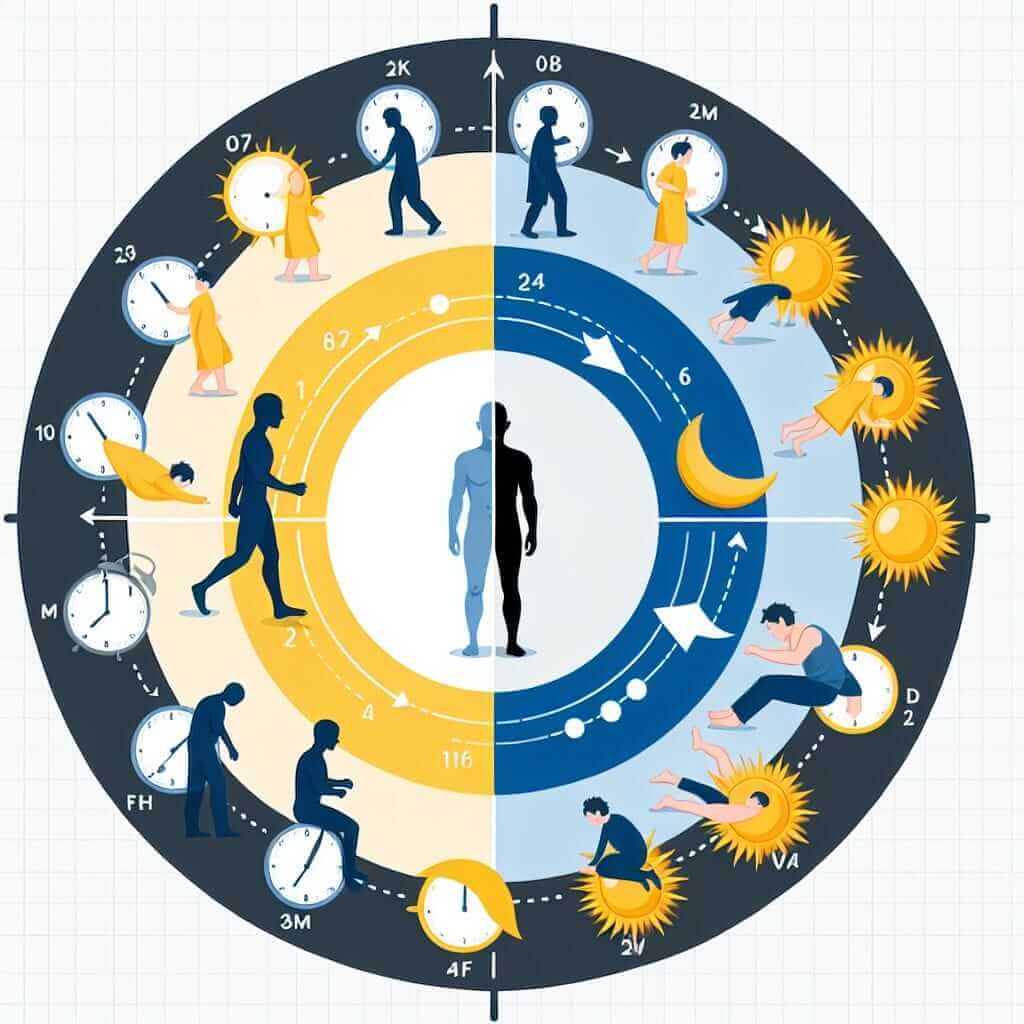As an IELTS instructor with over 20 years of experience, I often encounter students searching for a magic “answer key,” especially for the Speaking section. While having prepared answers might seem tempting, it’s crucial to understand that IELTS Speaking assesses your real-time communication skills. There’s no shortcut, including for topics like “the biological clock.”
“The Biological Clock”: What It Means for IELTS
This phrase isn’t about a literal clock! It refers to our natural rhythms and cycles, particularly:
- Circadian Rhythm: Our 24-hour sleep-wake cycle, influenced by light and darkness.
- Age and Life Stages: The biological changes (puberty, menopause) that occur naturally.
- Body Clock in Animals: Some IELTS questions might touch on animal migration or hibernation.

You won’t get a question directly asking “How does the biological clock tick?”. Instead, expect broader themes:
- Sleep: Its importance, sleep problems, cultural attitudes towards sleep.
- Aging: Societal views on aging, challenges and opportunities of different life stages.
- Nature: Human impact on natural cycles, animal behavior.
Succeeding in IELTS Speaking: It’s About Skills, Not Scripts!
Memorizing answers is a huge mistake. Here’s why:
- Examiners Can Tell: They’re trained to spot rehearsed responses, which will lower your score.
- You’ll Miss the Point: Questions are unpredictable. A memorized answer might not be relevant.
- Fluency and Coherence Suffer: You’ll sound unnatural trying to force-fit an answer.
Sample IELTS Speaking Questions (and How to Approach Them)
Instead of providing a rigid “answer key,” let’s analyze example questions:
Part 1 (Short Answers)
- “Do you usually wake up early or late?” (Focus on personal routine, give reasons)
- “Is it important for you to have a regular sleep schedule?” (Share your opinion, briefly explain why)
Part 2 (Long Turn)
- “Describe a time your sleep was badly disturbed. What happened?” (Personal anecdote, focus on describing the experience and its impact)
Part 3 (Discussion)
- “How have technological advancements affected people’s sleep patterns?” (Give a balanced view, consider both positive and negative aspects)
- “What are some ways people can improve their sleep hygiene?” (Offer practical suggestions, support with examples or explanations)
Tips for IELTS Speaking Success
- Build Vocabulary: Learn words related to sleep, aging, nature (e.g., “circadian rhythm,” “melatonin,” “life expectancy”).
- Practice Speaking: Record yourself answering sample questions. Focus on fluency, pronunciation, and grammar.
- Think Critically: Don’t just state facts. Develop your opinions with reasons and examples.
- Be Yourself: Relax and speak naturally. The examiner wants to assess your genuine communication abilities.
Remember, the key to acing IELTS Speaking is not rote memorization, but effective communication. By understanding the potential themes and practicing your language skills, you’ll be well-prepared to handle any question that comes your way.